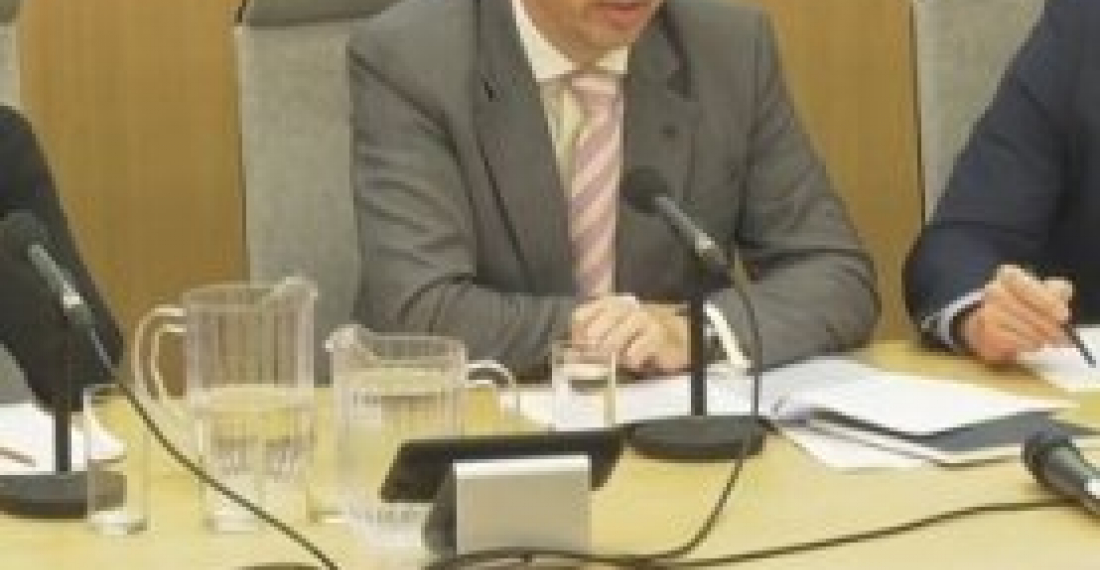"Южный Кавказ, с точки зрения безопасности, экономики и развития, сильно пострадал от неразрешенных конфликтов, все они имеют свою различную специфику. Эти конфликты раздирают страны и социальную структуру региона, кроме того, теперь они стоят на пути регионального сотрудничества и открытия границ, препятствуют демократическому развитию и не позволяют гражданам воспользоваться их свободами. Для ЕС нынешняя ситуация и отсутствие движения к разрешению конфликта явно неприемлема. Об этом заявил Специальный представитель Европейского союза по Южному Кавказу и конфликтам в Грузии Тойво Клаар, выступая со вступительным словом на 3-й Оксфордской конференции по проблемам современного Южного Кавказа, которая состоялась в Оксфордском университете 12 ноября 2018 года.
Клаар также сказал в ходе конференции, что Европейский союз хочет, чтобы Армения, Азербайджан и Грузия - как страны-партнеры - «помогли высвободить весь потенциал Южного Кавказа в качестве стратегического шлюза между Европой и Азией, что способствовало бы стабильности, безопасности и процветанию для всего региона и за его пределами. Это отвечает интересам наших стран-партнеров, и это также отвечает интересам ЕС», - добавил Клаар.
Конференция была организована LINKS и RESC в рамках программы EPNK Европейского Союза на тему «Региональное сотрудничество на Южном Кавказе: трудное, но необходимое».
Вы можете посмотреть вступительное слово (на английском языке) Тойво Клаара на конференции в Оксфорде на YouTube канале Commonspace.eu здесь
источник: commonspace.eu
фото: Тойво Клаар







